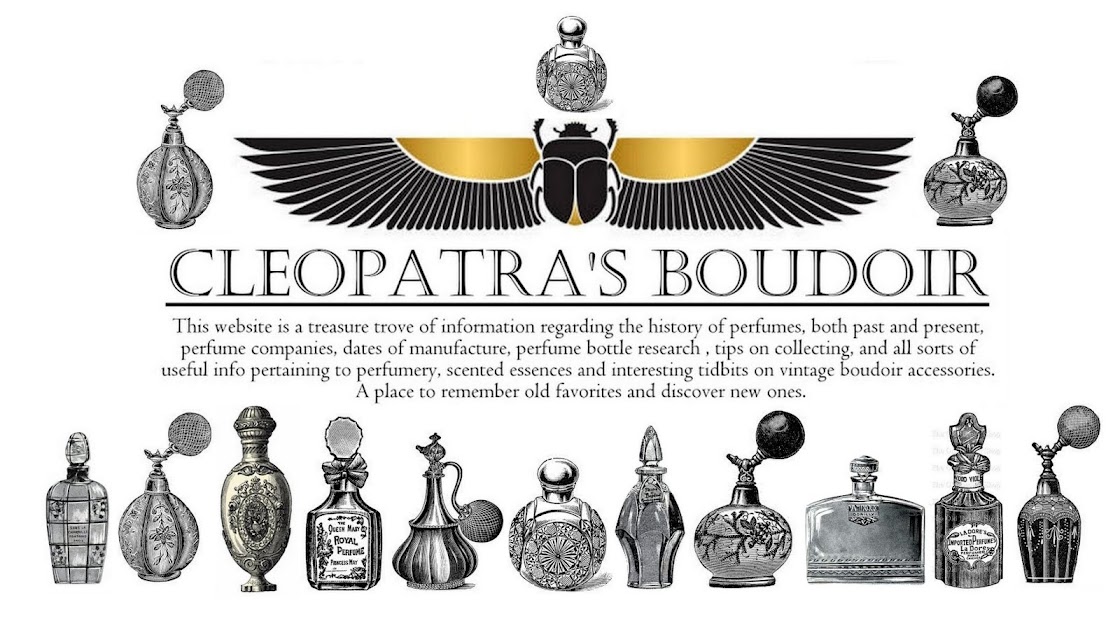Tabu by Dana was launched in 1932, an era defined by contrasting social dynamics and a burgeoning interest in luxury and sensuality. The creation of this fragrance was inspired by a rather provocative request directed to perfumer Jean Carles: to develop a scent that a prostitute might wear, termed in French as “un parfum de puta.” This phrase evokes a potent image of allure and seduction, suggesting a fragrance that embodies both daring and sophistication. In the context of perfume, this notion is appropriate; it invites the idea of a scent that is bold, unapologetically sensual, and designed to captivate and entice.
The choice of the name Tabu carries significant weight, as it reflects deeper cultural connotations. The word "taboo," originating from the Polynesian term tapu, refers to something that is prohibited or restricted due to social or cultural norms. This concept evokes images of the forbidden and the mysterious, suggesting a fragrance that challenges conventions and explores the boundaries of desire. The naming was serendipitously inspired when Javier Serra, the founder of Dana Parfums, happened upon the cover of Sigmund Freud’s book Totem and Taboo while strolling through Nice, France. This encounter resonated with the fragrance’s daring nature, offering an intellectual underpinning to its sensual character. Interestingly, in 1935, Dana also launched a perfume named Totem, further emphasizing the connection to the complexities of human desire and social boundaries.
Tabu is classified as a floral woody amber oriental fragrance for women, embodying a luxurious and rich character that is perfectly suited for the cooler months of fall and winter. The scent opens with a captivating blend of floral notes that envelop the wearer in a lush bouquet, leading into a heart that reveals deeper, warmer elements. The interplay of woody and amber notes conjures a sense of opulence and sensuality, making it a perfect companion for evenings out or intimate gatherings. The fragrance exudes confidence and sophistication, encouraging women to embrace their sensuality in a society that was gradually shifting towards greater expressions of femininity and independence.










.png)



































